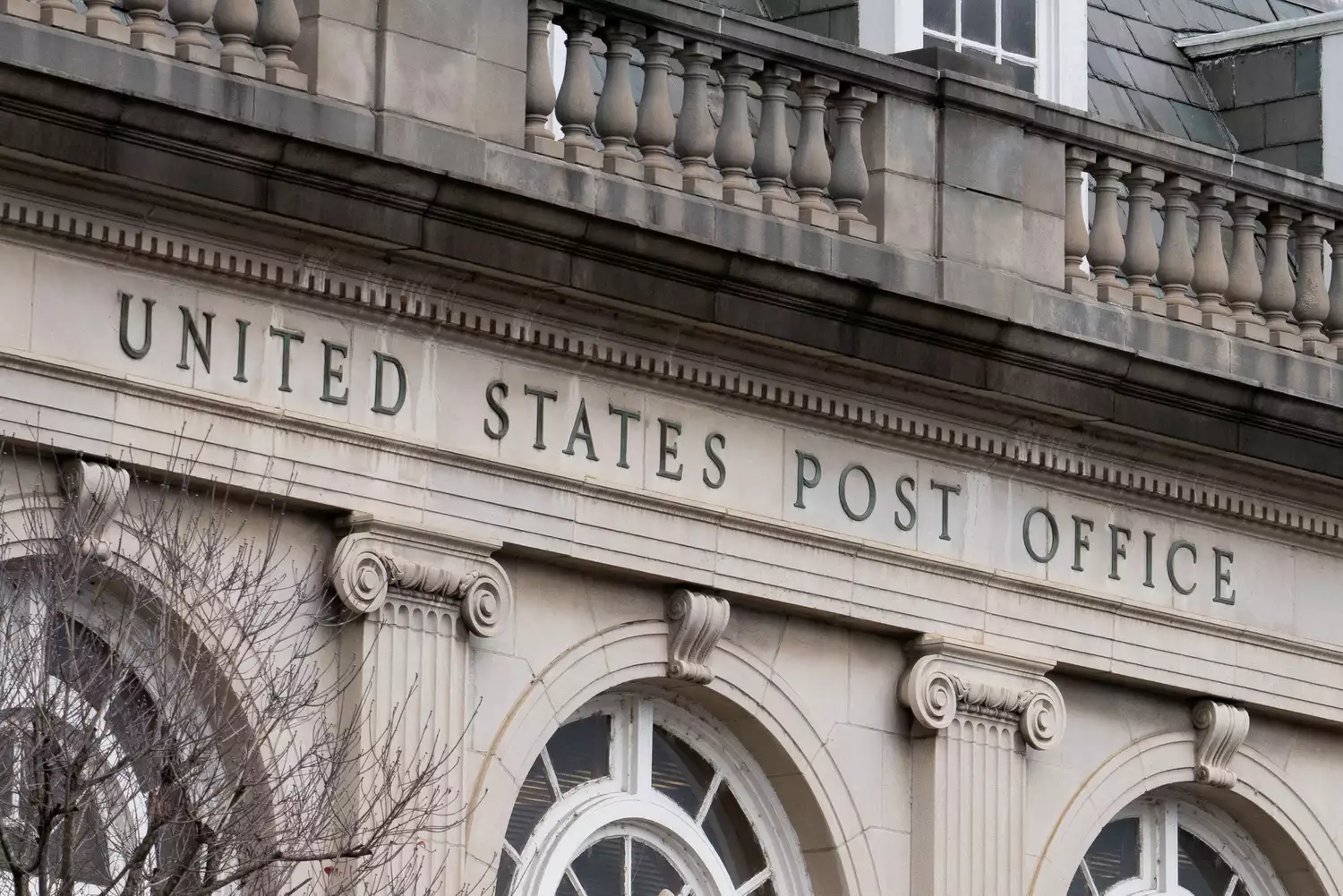
MEANING
A chartered bank is any financial institution that uses banking services and is governed by a state or national charter. It must comply with specific policies.
Secret Takeaways
A chartered bank is a banks governed by a state or national charter that supplies monetary transactions such as distributing loans or safeguarding deposits.
Chartered banks can be provided by the state or federal government.
All chartered banks should preserve deposit insurance provided by the Federal Deposit Insurance Corporation (FDIC).
Chartered banks may offer electronic banking as well as physical branches you can visit, or might be online-only banks.
Meaning and Examples of a Chartered Bank
A chartered bank is any banks governed by a state or nationwide charter, which guides its actions and ensures it operates according to specific banking guidelines.
The concept of chartered banks came about in 1863 by President Abraham Lincoln and his Treasury Secretary, Salmon P. Chase. They enacted the National Currency Act, which established the Office of the Comptroller of the Currency (OCC) and authorized it to charter national banks. In 1864, the National Currency Act became known as the National Bank Act, which supplies a nationwide banking system.1.
Keep in mind.
Since Oct. 31, 2021, there were 779 active banks with a nationwide charter, consisting of Capital One, JPMorgan Chase, PNC Bank, Santander Bank, and TD Bank.2.
Workplace of the Comptroller of the Currency. “National Banks Active as of 10/31/21.” Accessed Nov. 19, 2021.
How a Chartered Bank Works.
In the U.S., chartered banks can be controlled by the state or federal government. While state charters are controlled by state firms, federal charters comply with federal policies set forth by the OCC, a division of the Treasury Department.
Banks can choose whether they ‘d like to be state or federally chartered banks. They may also convert from one kind of charter to another after they’ve been in business for a long time.3.
Chartered banks are required to keep deposit insurance coverage provided by the Federal Deposit Insurance Corporation (FDIC). The FDIC insures examining accounts, cost savings accounts, cash market bank account, and certificates of deposit approximately $250,000. It does not, nevertheless, cover stocks, mutual funds, annuities, securities, or other financial products a bank might offer.4.
Keep in mind.
To identify if a bank is FDIC insured, try to find the FDIC logo at your bank, ask a bank representative, or call the FDIC at 877-275-3342. You can also check online utilizing the FDIC’s online search tool.5.
A bank needs to use to get a federal or state charter. If the bank wishes to join the Federal Reserve, it will need an extra approval from the Fed. If a bank is not a part of the Federal Reserve, it’s understood as a nonmember bank.
Each state has its own requirements for starting a charter bank. In New Jersey, for example, you need a Certificate of Incorporation. You’ll likewise require to provide balance sheets and earnings statements that show your forecasts for three years. New Jersey’s Department of Banking and Insurance will also ask you to pay a filing fee and share your service plan.7.
Chartered Banks vs. Online Banks.
While chartered banks may allow you to bank online by means of a site or a mobile app, they might likewise still have physical branches you can check out. Online banks are financial institutions with no physical locations.
Online banks can also be chartered banks, such as Varo Bank, Ally Bank, and Discover Bank. Because these banks have minimal overhead costs (such as no lease or home mortgage payments), numerous online banks provide a number of advantages you might not discover at a standard, brick-and-mortar bank. These benefits may include higher rates of interest on savings accounts and lower charges.
Because many banks now provide online banking, accounts at both chartered banks and online-only banks can typically be accessed online at any time– all you require is an internet connection.
There may be online banks that run overseas. These institutions might not need to follow the very same guidelines as banks chartered within the U.S. This means that, unlike chartered banks, they may not provide FDIC defense. If you work with an online bank, learn whether it can use you the very same security as a chartered bank. This is essential because when your deposits are FDIC-insured, the U.S. federal government warranties your money will be there when you require it, no matter what occurs to your bank or the economy.



